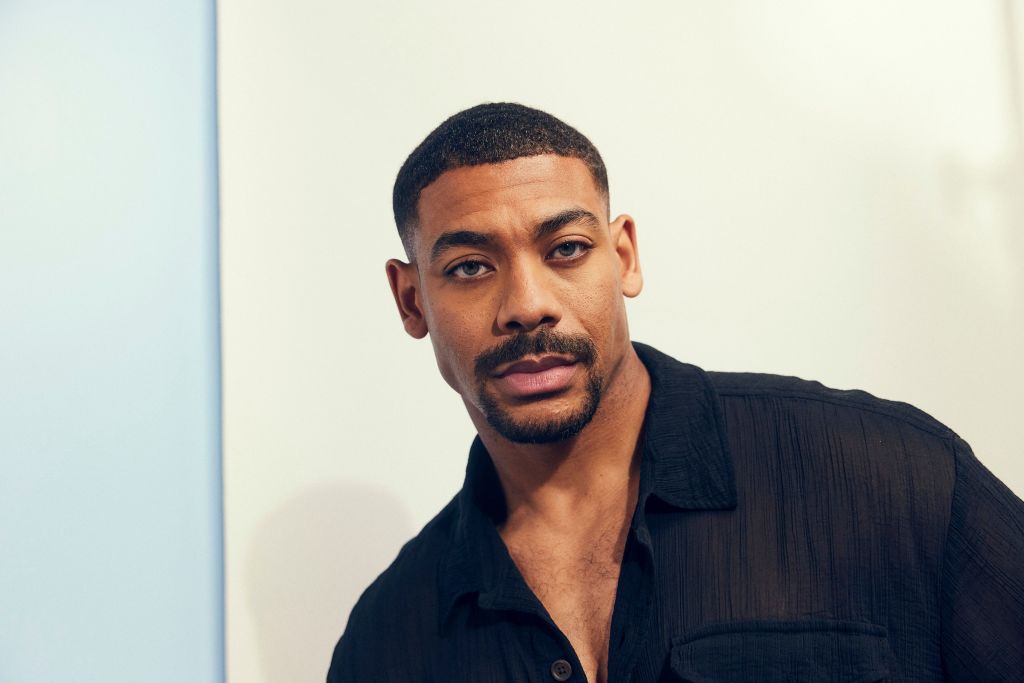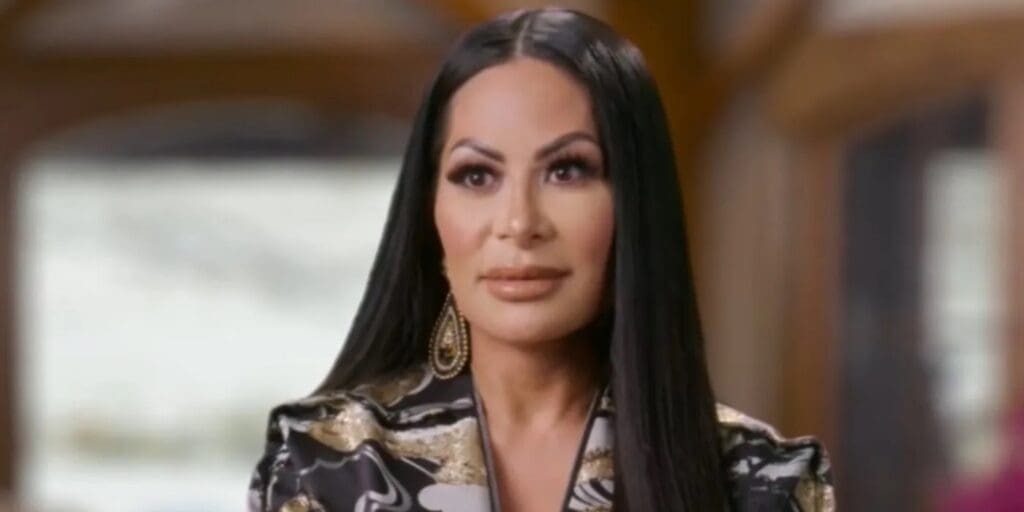Twenty years after it debuted, The O.C. is still beloved. So much so that it’s helped two of the people most responsible for making it, creator and showrunner Josh Schwartz and executive producer Stephanie Savage, to overcome their regrets about what went down behind the scenes of the teen drama, which signed off in 2007.
Because they had some serious ones back in the day.
“It’s not keeping us up at night anymore, hopefully,” Schwartz tells Yahoo Entertainment. “We’ve got enough therapy since then to allay that.”
They’ve had the chance over the years to see how much people loved the show.
“The stuff that came out around the 20th anniversary,” he adds, “the amount of people that want to talk to us about the show, what the show meant to them then, or who have discovered it more recently on streaming, has given me a real sense of peace and perspective on the overall legacy of the show.”
Savage adds that she considers it “a real gift to feel like you can make something that’s not perfect, something that has flaws that people still love and that can still be meaningful. Everyone should take heart in that in whatever they’re endeavoring to do. But you can still connect with people even if you make some missteps along the way.”
Those missteps include cramming too much story into the first season — in fairness, they had a whopping 27 episodes to cover! — and, in one of the most famous events of the show, killing off Mischa Barton’s character of Marissa Cooper.
They decided to team with Rolling Stone TV critic Alan Sepinwall, the author of numerous books on pop culture, to write an oral history, where they could capture the story of everything that happened.
“We really wanted to make a book that was honest and really investigate it, what goes into making something, what it’s like to make a TV show, what it’s like to be strapped into this rocket ship that just takes off and surpasses all of your expectations and anything you ever dreamt of happening in your life,” Schwartz says. “And then you still got to keep going. That’s just the first season.”
The result is a book packed with juicy, behind-the-scenes scoop about making the show, from the casting process to the way the stars behaved. (Turns out, Barton, the youngest of the actors who played the “core four,” spent much of her time on set reading Penguin Classics.)
And about that death. According to the book, producers had been instructed by the network to do something big and shocking, perhaps killing off one of the main characters, in order to boost ratings, which fell following a move to Thursdays. Bob De Laurentiis, another executive producer on the show, said this coincided with writers running out of material for the relationship between Marissa and Ryan, played by Ben McKenzie. He was the central character, so a decision was made.
They never consulted Barton, and the actress had not been ready to leave yet. Nevertheless, Marissa died after a car crash in the much-hyped third season finale, titled “The Graduates,” which aired May 18, 2006.
In the book, Savage notes that producers could’ve handled the situation better: “Instead of talking to her about it as adults, we were like, ‘Well, we think that would work out great for her.’ And then just made this decision.” They knew she was getting movie offers.
We actually reached out to her personally to ask her if she would do the book. We had a nice conversation.Josh Schwartz
Still, just like McKenzie, Adam Brody, Rachel Bilson and many other cast members, Barton is part of Welcome to the O.C.
“We actually reached out to her personally to ask her if she would do the book,” Schwartz says. “We had a nice conversation. We have never unpacked between us everything that went down, but I’ve heard her comments. I assume she’s heard our comments about it. And obviously there’s a big chunk of the book in terms of regrets that’s dedicated to the subject, both in the creative element of it, and also how, at least personally — I’ll speak to myself — how I handled it off-screen.”
In May 2021, Barton agreed that it was an unfortunate situation.
“Honestly, 15 years on,” she told E!. “I do think it’s sad that there wasn’t a better way that it could’ve been handled.”
She added that she approved of how Marissa went out, though, in a fiery car crash.
I “do really love that she had this epic death and that it ended like that because it’s memorable and it’s not just another flash in the pan,” Barton said. “People still come up to me to this day and they’re like, ‘I remember where I was when your character died!’ And they’re still emotional about it, like it was really me. I think that that’s cool that people actually took something away from it. There were lessons to be learned from Marissa, for better or for worse.”
Barton says in the oral history that her final days on The O.C. were tough: “It was starting to get emotional for everyone. But we’re all professional. So we had some really nice last scenes together, like when we’re all hanging out in the pool. There were some good moments to be had because of it.”
Savage says one thing producers would do differently today is “just really understand how important those pilot characters are to the audience and understand that you just need to lavish love and attention on them and keep them in the show and find stories for them. And we were definitely, whether it was hubris, whether we were being cavalier or whether we didn’t quite understand the implications of what we were doing, we fairly breezily took characters off the show and introduced new characters and had the expectation that the new characters would be just as popular as the old characters. And of course, that wasn’t the case. That’s a lesson we definitely brought with us moving forward to our new next show.”
Just as producers’ perspective on the show changed over time, Sepinwall says at least one cast member’s did, too.
“One of the more interesting things that happened over the course of the book is I interviewed Adam Brody twice, and the first time I talked to him, he seemed like he had not watched the show in forever,” Sepinwall says. “He seemed really down on his work in it. He said, ‘I hate watching myself in it.’ And then at a certain point, he went back and he watched the first handful of episodes and we talked again, and suddenly he was like, ‘I kind of liked what I’m doing. I appreciate that I’m at least trying things, even if I think I’m a better actor now.’ And so I think that passage of time has really helped recontextualize the show, not only for the people who launched it, but for the people who worked on it.”
An amusing tidbit in the book is that an unexpected person, Brad Pitt, was jokingly considered an enemy of the show. Not that he was aware of it.
The reason was that Pitt’s movies had interfered twice. First, when actor Garrett Hedlund was an early favorite to play Ryan until he was cast in Pitt’s action drama Troy, and second, when Doug Liman, who directed the first two episodes, was simultaneously devoted to prepping Pitt’s 2005 movie, Mr. and Mrs. Smith.
“He did a great job directing the pilot,” Schwartz says, “but he was very preoccupied with the prep for Mr. and Mrs. Smith, to the point of, one day we were shooting on a boat at sea. [Brody and McKenzie] are on the boat, they’re strapped to the boat with the crew. We’re literally in the ocean. And Doug realized that he was late for a Mr. and Mrs. Smith meeting and jumped off the boat and swam to shore and left us there to finish the scene ourselves.”
Sepinwall confirmed that Liman did, in fact, jump. He said Liman told him that the actors had the scene nailed, and he truly did have to make that meeting. Sepinwall spent a little more than six months chasing down such details to bring the book together. He listened to a lot of Rooney.
Welcome to the O.C.: The Oral History is available Tuesday, Nov. 28 at bookstores.







